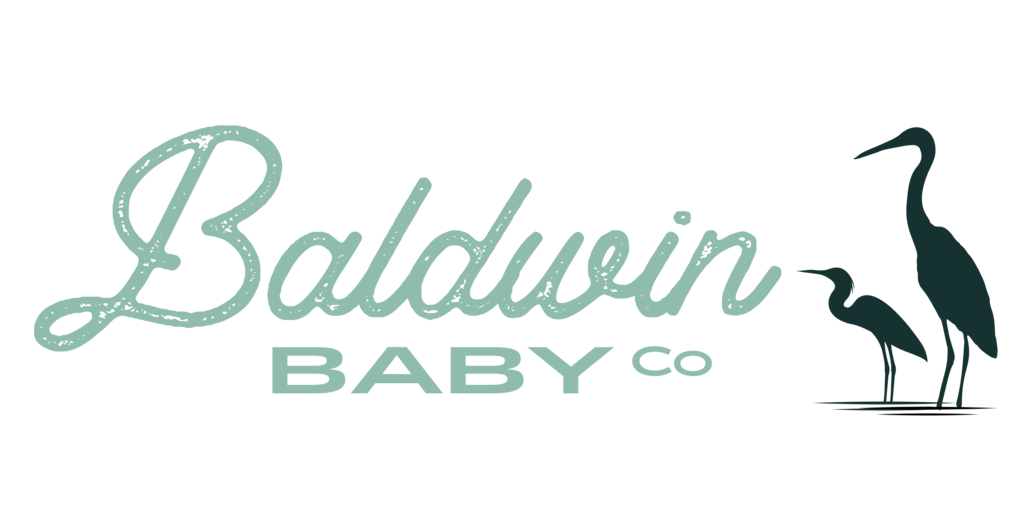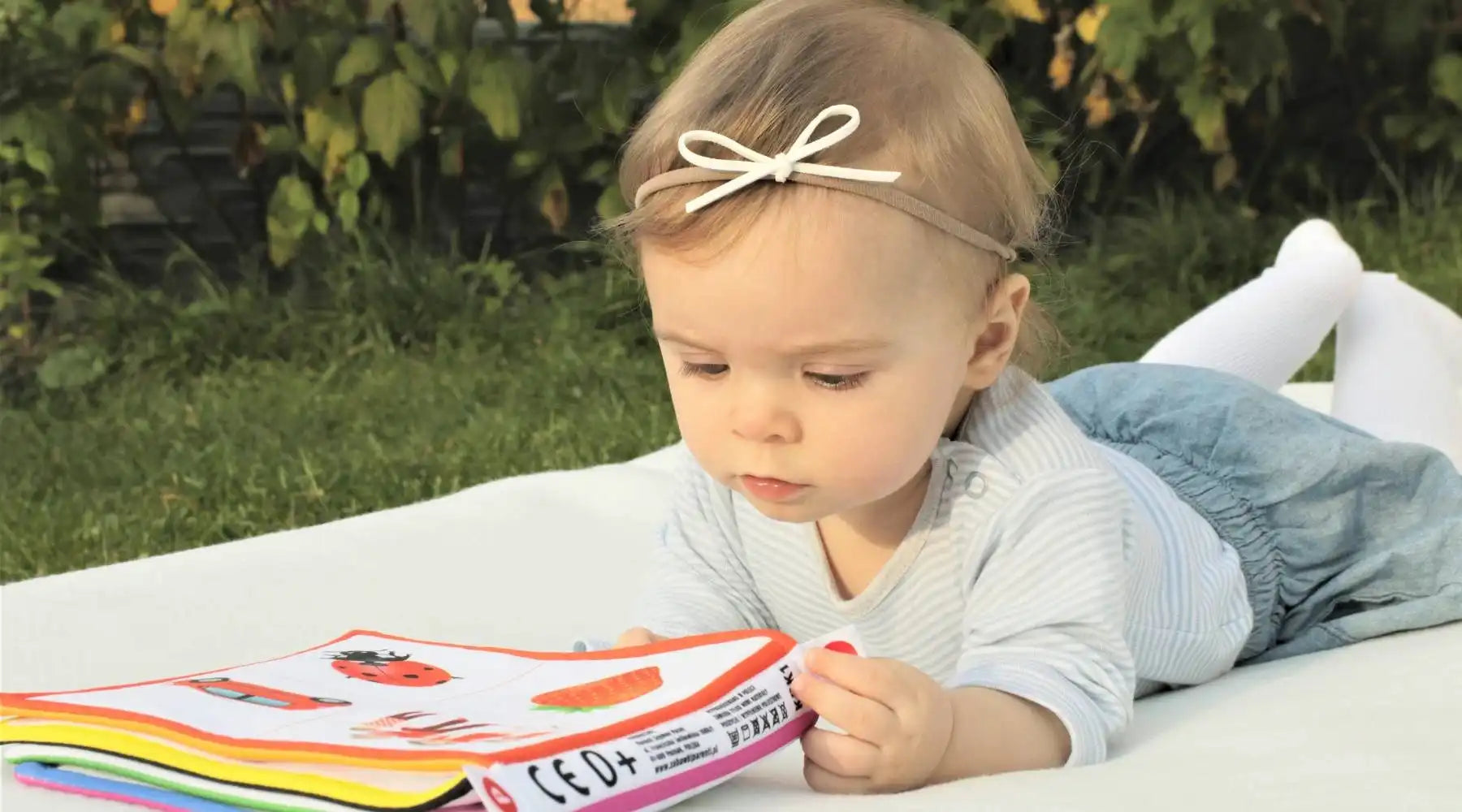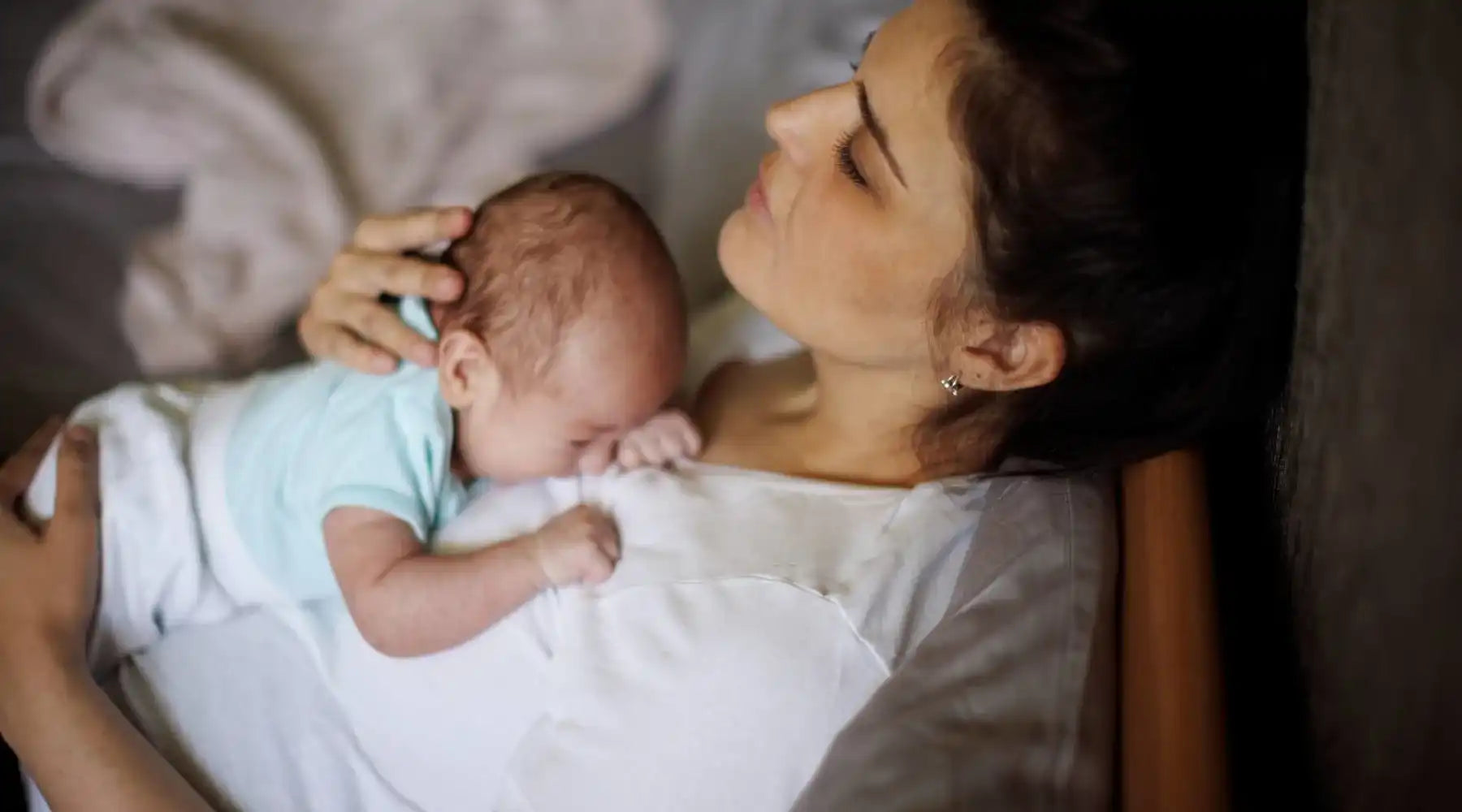
30 Reflective Questions for Intentional Parenting
Key Points
- Identifying your core parenting values helps guide everyday decisions, making it easier to raise children with intention and stay aligned with your beliefs.
- Reflecting on emotional well-being, parenting philosophy, and family dynamics encourages parents to create a calm, supportive home environment where children can thrive.
- Focusing on simplicity and organization allows parents to reduce stress, declutter routines, and be more present, making parenting more intentional and less overwhelming.
- Prioritizing health, wellness, learning, and growth ensures children develop resilience, curiosity, and balance, while parents continue evolving in their own parenting journey.
Parenting is one of the most transformative experiences of our lives. We make countless decisions every day, from how we organize our homes to how we teach our children values. But how often do we stop to ask ourselves, "What do I truly value as a parent?" Understanding your core parenting values can help you navigate the overwhelming decisions that come with raising a child and create a more intentional approach to parenting, aligned with your beliefs and priorities.
This guide offers 30 self-reflective questions designed to help you uncover your true parenting values and shape a more intentional approach to parenting. Use these questions to explore your beliefs, make thoughtful decisions, and create a parenting plan that feels authentic and true to you.
Emotional Well-Being
As a parent, one of the most powerful gifts you can give your child is a solid emotional foundation. Emotional well-being doesn’t just mean handling stress—it also means teaching your child how to regulate their emotions, deal with adversity, and develop empathy. A calm home environment where both parents and children can process emotions together fosters resilience and self-awareness. These emotional tools are vital for your child’s development and can positively shape their worldview as they grow.
Here are some questions to help you reflect on how emotional well-being plays a role in your parenting:
- What emotional legacy do you want to leave for your children?
- How do you want your child to feel when they look back on their childhood?
- What does a calm home environment look like for you?
- How do you handle stress, and how do you want to model that behavior for your child?
- How do you practice self-compassion, and how can you teach your child to do the same?
Reflection Tip: Take a moment to reflect on how your emotions and actions shape your child’s emotional development. How can you foster emotional resilience and mindfulness in your daily routines?
Parenting Philosophy
Your parenting philosophy is the compass that guides how you handle every aspect of your child’s upbringing—from discipline to education to the emotional support you provide. Having a clear parenting philosophy allows you to be consistent in your approach and helps you navigate challenges with confidence. It's about identifying what kind of parent you aspire to be, whether that's someone who is strict, nurturing, or somewhere in between, and being intentional in applying those principles in your daily interactions.
Here are some questions to reflect on your parenting philosophy:
- What kind of parent do you want to be—one who is strict, nurturing, or somewhere in between?
- How do you balance your child’s independence with the need for guidance?
- What values do you want to instill in your child, such as kindness, responsibility, or resilience?
- What role does discipline play in your parenting approach?
- How do you approach making big decisions for your child, such as schooling or extracurricular activities?
Reflection Tip: Write down a few guiding principles that reflect the kind of parent you want to be. These can serve as reminders when difficult decisions arise.
Relationships and Family Dynamics
The dynamics within your family—how you interact with your partner, your child, and extended family—create the foundation for how your child learns to build relationships. Strong family relationships are built on communication, trust, and respect, which are values that your child will carry with them throughout life. Reflecting on these dynamics can help you prioritize quality time and model healthy relationships for your children.
Here are some questions to reflect on your family relationships:
- How do you nurture your relationship with your partner while raising children?
- How important is quality time with family, and how do you prioritize it?
- What role does extended family play in your parenting, and how do you navigate those relationships?
- How do you balance the needs of your children with your own needs as an individual?
- How do you manage conflict in front of your children, and what do you want them to learn from that?
Reflection Tip: Think about the relationships you are building around your family. How do your relationships with others—both your partner and your extended family—affect your parenting approach?
Simplicity and Organization
Parenting, especially in today’s fast-paced world, can easily become overwhelming. Simplifying your routines, baby gear, and even your mindset can reduce stress and increase your ability to enjoy quality time with your family. A more organized, minimalist approach to parenting allows you to focus on what matters—creating meaningful moments, staying present with your child, and maintaining a peaceful home environment. Simplifying the process doesn't mean doing less; it means being intentional with what you do.
Here are some questions to reflect on how simplicity and organization play a role in your parenting:
- How do you prioritize your time as a parent?
- How do you simplify your routines to make daily life easier?
- How important is a clutter-free home, and what steps can you take to simplify your space?
- What baby or parenting products do you find essential, and which do you feel are unnecessary?
- How do you stay organized without feeling overwhelmed by the constant demands of parenting?
Reflection Tip: Take a moment to declutter one area of your life—whether that’s your living room, your baby gear, or your schedule. See how removing excess helps create more space for what really matters.
Health and Wellness
As a parent, prioritizing the health and wellness of your child and your family is essential. It’s about teaching them to care for their body and mind while leading by example. Maintaining balance through healthy eating, exercise, and mental health awareness can significantly impact your child’s growth and development. Furthermore, focusing on your family’s wellness helps create a supportive environment where everyone thrives.
Here are some questions to reflect on your approach to health and wellness:
- How do you balance your child’s physical, emotional, and social well-being?
- What does a healthy lifestyle look like for your family, and how do you model that?
- How do you approach your child’s mental health and emotional well-being?
- How do you prioritize physical activity in your family life?
- How do you teach your child about healthy eating, and how do you make mealtimes enjoyable?
Reflection Tip: Reflect on your daily routines and how they contribute to the overall wellness of your family. Are there areas where you could make healthier choices together?
Learning and Growth
Every parent wants their child to thrive academically and emotionally. This section focuses on how to foster a love of learning, resilience in the face of challenges, and personal growth. It’s about understanding that learning happens everywhere—not just in the classroom—and providing your child with the tools to continue learning for life. Growth also includes learning from your own experiences as a parent and continually evolving.
Here are some questions to reflect on how you nurture learning and growth in your child:
- What kind of learning environment do you want to foster for your child?
- How do you encourage curiosity and independent thinking in your child?
- How do you handle mistakes—both your own and your child’s—and what do you want your child to learn from them?
- How do you approach teaching life skills such as time management, responsibility, or kindness?
- How do you continue to grow and evolve as a parent?
Reflection Tip: Set a goal for your own personal growth as a parent. Whether that’s learning a new parenting skill or reading more on child development, continuous learning enriches the parenting journey.
These 30 questions are just a starting point for exploring your core parenting values. Take your time with each one and allow yourself the space to reflect and grow. As you continue your parenting journey, remember that your values will evolve, and that’s okay. The most important thing is to stay true to what matters most to you and your family.
By understanding your values, you’ll be able to make more intentional decisions and create a parenting approach that feels authentic, fulfilling, and in alignment with your beliefs. This will not only shape your relationship with your children but also lead to a more balanced, joyful family life.










